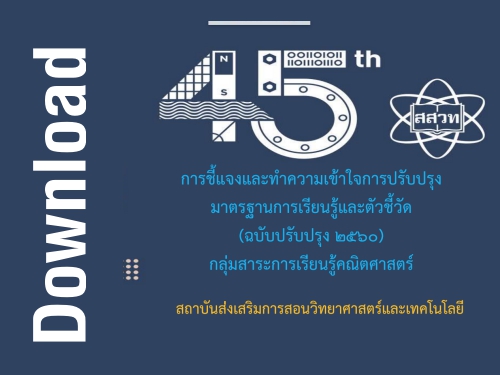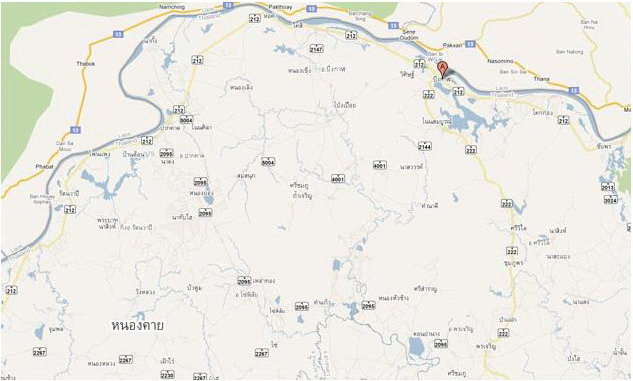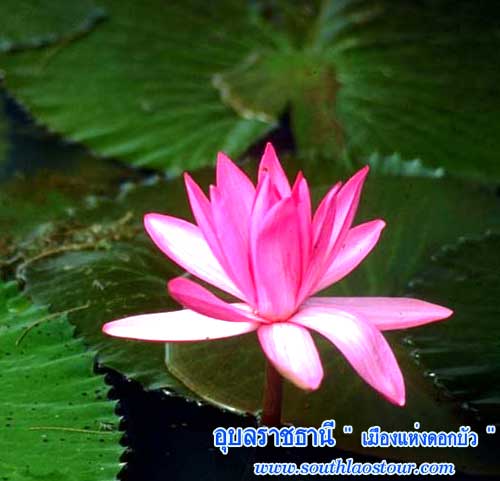|
Advertisement
ASALAHA BUCHA DAYASALAHA BUCHA DAY
ASALAHA BUCHA DAY
HONORING SANGHA DAY
The Full Moon Day of The Asalaha (the eighth lunar month)
After The Lord Buddha enlighten on the full moon day of the sixth lunar month (Visakha), he spent seven weeks near by the Bodhi Tree. Afterward, he decided to teach the Dhamma to the others, even though there were difficulties for ordinary people to understand. His former teachers were dead, the next group of people he thought of were five ascetics called "Pancavaggi", group of five, who, at that time, lived in a forest named "Isippatanamarukatayawan", the deer park near Baranasi.
On the day before the full moon day of the eighth lunar month, Asalaha, there he was. The next day, the full moon day, The Lord Buddha gave them his FIRST SERMON called "Dhamma-cakkappavattana Sutta" or the Discourse on Setting the Wheel of Dhamma in Motion. Not long after that, the head of the Five Ascetics, named "Kondanna" got "The Eye of Dhamma" and asked for ordination from The Lord Buddha. He became the FIRST MONK in Buddhism. The full moon day of the eighth lunar month became the day that honored the Sangha, or the community of the monks.
ACTIVITIES TO BE OBSERVED ON
ASALAHA BUCHA DAY
'TUM BOON': Making merit by going to temples for special observances, making merit, listening to Dhamma preaching, giving some donations and join in the other Buddhist activities.
'RUB SIL': Keeping the Five Precepts, including abstinence from alcoholic drinks and all kinds of immoral acts.
'TUK BARD': Offering food to the monks and novices (in the alm bowl).
Practice of renuciation: Observe the Eight Precepts, practice of meditation and mental discipline, stay in the temple, wearing white robes, for a number of days.
VIEN TIEN': Attending the Candle Light Procession around the Uposatha Hall, in the evening of the Vesak full moon day.

Entering the Rains
The day following the Asalha full moon is called "Lent Commencement Day" or "Vassupanayika" in Pali. In Thailand 2 words are used for Lent (the Rainy Season Retreat), either Vassa or Phansa, both meaning "rain, season of rain". The Rains Residence (Retreat), is one of the monastic observances having its origin in the time of the Lord Buddha. Buddhist Lent, however, bears no similarity to the Christian Lent. Originally monks did not stay at any particular place, but were most of the time on the move in their mission to spread the Buddha's teachings. During the rainy season, when the country experienced heavy and frequent rainfalls, things were quite difficult for them and their travels were often impeded or interrupted. Both Thailand and India are subject to monsoon winds bearing torrential rains which make travel difficult in regions where there are swamps and swollen streams and no adequate roads. The season is also the time for farmers to cultivate their land and grow crops, so wandering monks could easily unintentionally damage the new-planted rice. So it was, naturally, the time for most ascetics to stop wandering and remain stationed in a specific place. This custom was in fact practised in India long before the time of the Buddha, and from considerations of health and comfort there is much to recommend this custom.
The Buddha therefore thought it fit to promulgate a rule for the Sangha. According to this rule, monks are obliged to remain posted at a certain place, preferably a monastery, for a period of three months, starting from the first day of the eighth waning moon (i.e. the day following the Asalha full moon).
During these three months, monks cannot spend the night outside the area they have taken for rains residence. If they have to go out, they make sure to return before dawn of the following day. There are, of course, exceptions to this rule by which a monk is allowed to spend the night elsewhere - for instance, if his parents are seriously ill, or if he is required for some urgent religious work at a place too far away to return in one day. But even in such cases, he may be away only for seven days at a stretch. This practice, like many others, has been preserved to the letter down to the present day, and the period is considered by all Buddhists as exceptionally sacred to per form mer .....................................Buddhist Lent Day form mer .....................................Buddhist Lent Day
วันที่ 3 ก.ค. 2552
หนาวแล้ว ออกแคมป์กันเถอะ! ⛺ เตาแก๊สปิคนิค พกพาสะดวก ออก Outdoor ได้สบายๆ รุ่น KJ-101 แถมฟรี!!กล่องเก็บเตา ในราคา ฿244https://s.shopee.co.th/7fJQKGPCjr?share_channel_code=6
Advertisement

เปิดอ่าน 7,155 ครั้ง 
เปิดอ่าน 7,161 ครั้ง 
เปิดอ่าน 7,170 ครั้ง 
เปิดอ่าน 7,148 ครั้ง 
เปิดอ่าน 7,156 ครั้ง 
เปิดอ่าน 7,156 ครั้ง 
เปิดอ่าน 7,162 ครั้ง 
เปิดอ่าน 7,431 ครั้ง 
เปิดอ่าน 7,171 ครั้ง 
เปิดอ่าน 7,170 ครั้ง 
เปิดอ่าน 7,161 ครั้ง 
เปิดอ่าน 7,159 ครั้ง 
เปิดอ่าน 7,158 ครั้ง 
เปิดอ่าน 7,158 ครั้ง 
เปิดอ่าน 7,159 ครั้ง 
เปิดอ่าน 7,430 ครั้ง |

เปิดอ่าน 7,164 ☕ คลิกอ่านเลย |

เปิดอ่าน 7,161 ☕ คลิกอ่านเลย | 
เปิดอ่าน 7,155 ☕ คลิกอ่านเลย | 
เปิดอ่าน 7,301 ☕ คลิกอ่านเลย | 
เปิดอ่าน 7,173 ☕ คลิกอ่านเลย | 
เปิดอ่าน 7,162 ☕ คลิกอ่านเลย | 
เปิดอ่าน 7,164 ☕ คลิกอ่านเลย |
|
≡ เรื่องน่าอ่าน/สาระน่ารู้ ≡ 
เปิดอ่าน 17,009 ครั้ง | 
เปิดอ่าน 90,977 ครั้ง | 
เปิดอ่าน 15,665 ครั้ง | 
เปิดอ่าน 38,122 ครั้ง | 
เปิดอ่าน 41,818 ครั้ง |
|
|











 ค้นหาทุกอย่างในเว็บครูบ้านนอก :
ค้นหาทุกอย่างในเว็บครูบ้านนอก :



 form mer .....................................
form mer .....................................
























